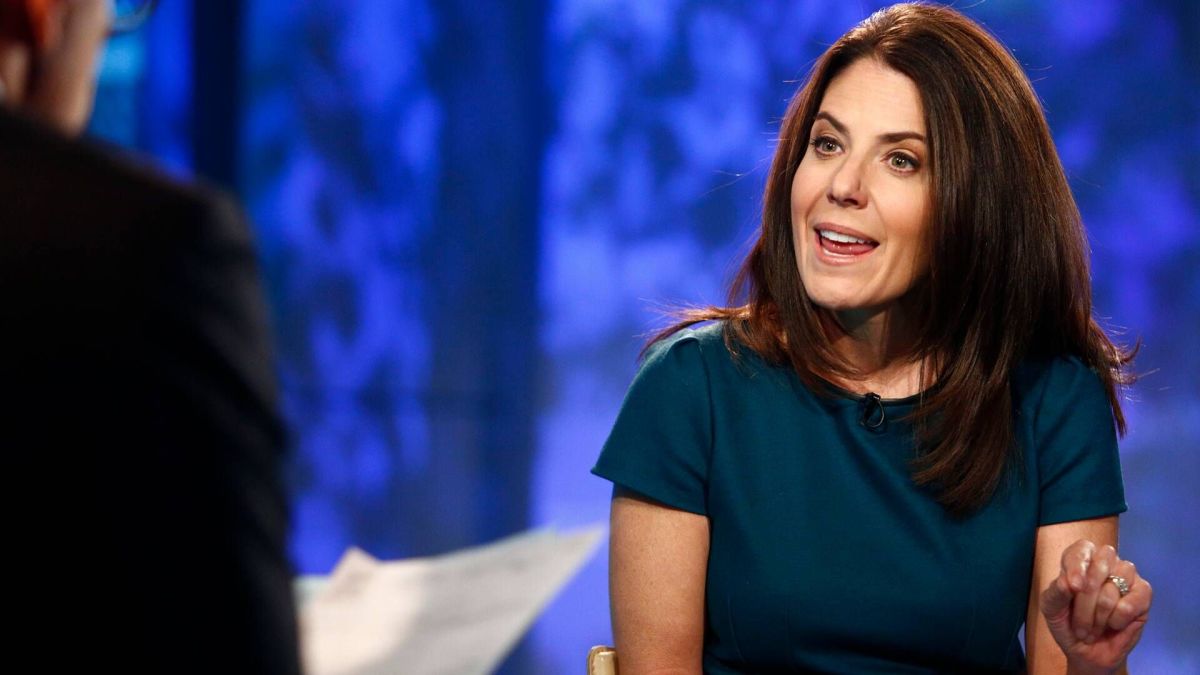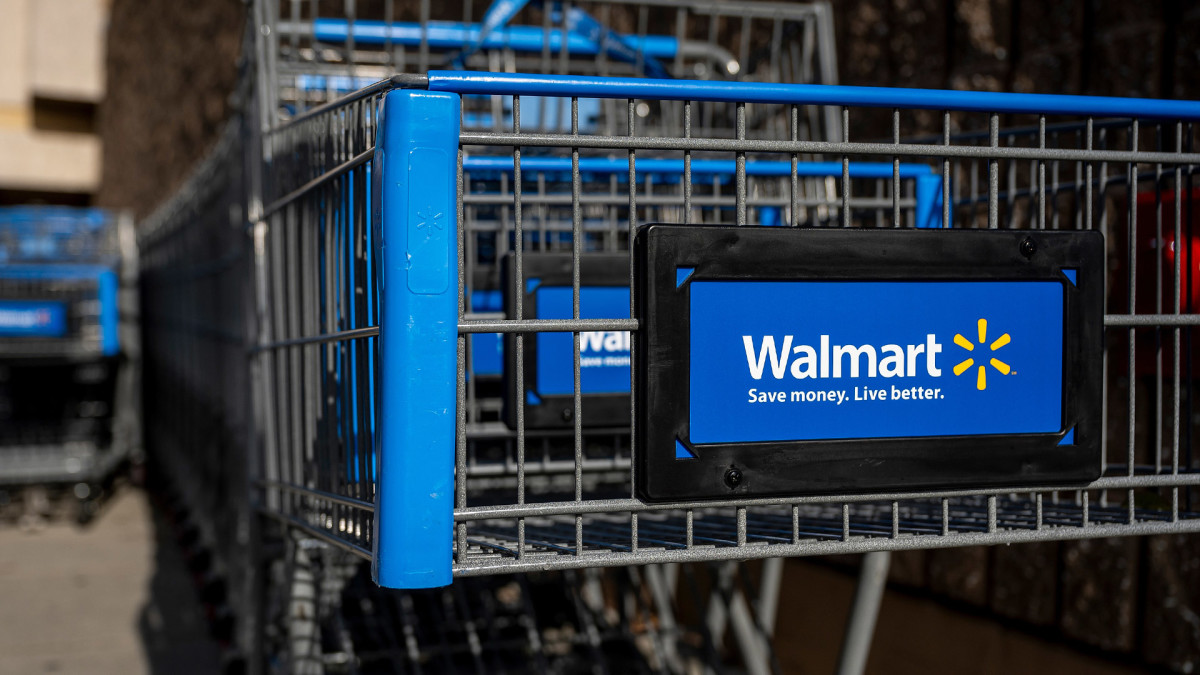Jean Chatzky sends urgent message on 401(k) risk
It's widely recognized that Americans approaching retirement must carefully consider both their financial stability and personal lifestyle aspirations. A solid retirement plan typically starts with identifying future sources of income — most often a combination of Social Security, personal savings, ...

It's widely recognized that Americans approaching retirement must carefully consider both their financial stability and personal lifestyle aspirations.
A solid retirement plan typically starts with identifying future sources of income — most often a combination of Social Security, personal savings, and retirement vehicles such as 401(k)s and IRAs.
Financial experts recommend evaluating projected Social Security benefits and reviewing contributions to employer-sponsored 401(k) plans to ensure a dependable income stream during retirement.
Jean Chatzky, a well-known financial journalist and former editor for NBC’s “Today Show,” has voiced serious concerns about the sustainability of Social Security.
She highlights that the average monthly benefit — $2,008.31 in 2025 for retired workers — already falls short of covering basic expenses for many, especially since cost-of-living increases often lag behind inflation.
Related: Dave Ramsey, AARP warn on Medicare; 2026 changes coming
A more pressing challenge also looms. If lawmakers fail to enact reforms, the Social Security trust funds could be exhausted by 2033.
This scenario could result in future retirees receiving monthly Social Security payments that are roughly 20% lower than they currently expect, significantly impacting their financial outlook.
Many Americans counter these concerns by saving and investing in 401(k) plans, but risks associated with these efforts must also be considered.
Market risk in 401(k) plans
As individuals near and transition into retirement, they encounter a variety of financial challenges — such as the possibility of exhausting their savings, unexpected medical expenses, the diminishing purchasing power caused by inflation, and fluctuations in the market that can impact their investments.
Market volatility has become a more prominent concern, especially as workplace retirement programs have moved away from traditional pensions toward 401(k)-style plans, placing greater financial responsibility and risk on retirees themselves.
A recent Center for Retirement Research at Boston College report included key findings about exposure in 401(k) plans to stock market risk.
Stock market risk dominates portfolio volatility
In traditional investment portfolios, the majority of market-related risk comes from exposure to stocks.
Stocks outperform bonds — but with greater uncertainty
Although stocks have historically delivered higher returns than fixed-income assets, their performance is far more volatile, as shown by a wide variation in annual returns.
Retirement outcomes depend on stock return risk
The unpredictability of stock returns plays a critical role in determining both the future value of retirement savings and the income those assets can generate.
Misconception: Risk fades over time
Many believe that long-term investing reduces risk, assuming short-term fluctuations will balance out — but nuances are involved. Even if average annual returns align with long-term expectations, the spread of possible wealth outcomes grows relative to expected values.
15-year horizon: Wide range of outcomes
Over 15 years, there's a 25% chance that an investor’s portfolio could exceed expectations by 60%, and a 25% chance it could fall short by 40%.
30-year horizon: Even greater uncertainty
Over a 30-year span, the same probabilities apply — but the upside could be 100% above expectations, while the downside could be 50% below.
Jean Chatzky has advice on 401(k) risk
In her book “Money Rules: A Simple Path to Lifelong Security,” Chatzky explains her view that saving is crucial as a means to combat any stock market risk one's 401(k) may face.
"Next time you stress about the stock market, remember this," she wrote. "The amount of money you manage to sock away is much more important than the return on that money."
Chatzky offers a few scenarios:
- You save $250 a month, which you then invest. If you earn 6% on that money, a year from now you'll have $3,267. If you earn 10%, you'll have $3,311 — $44 more.
- If you waited a month to start saving, even at 10% you'd have $3,052 — $215 less.
- If you saved $200 a month instead of $250, at 10% you'd have $2,649 — $618 less.
"As your nest egg grows and gets into the six-figure range, the return on investment starts to matter more," Chatzky wrote. "But you can't get to that level if you don't start to save now. Right now."
Related: Jean Chatzky makes critical statement on 401(k)s, retirement
What's Your Reaction?




















































